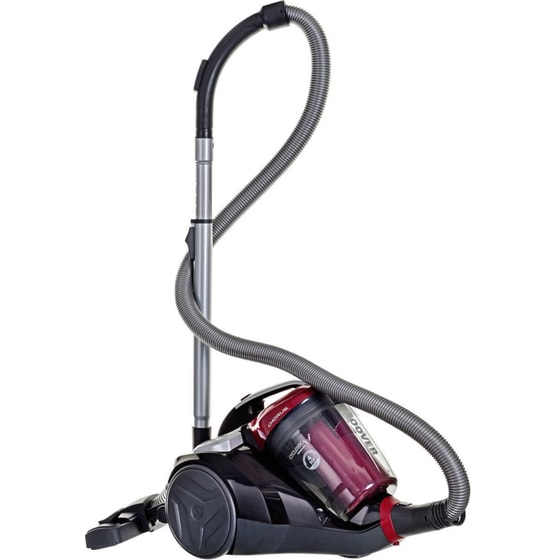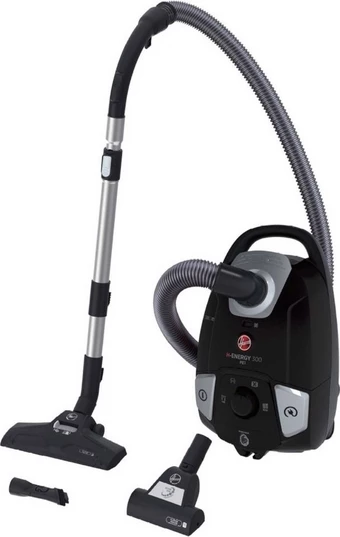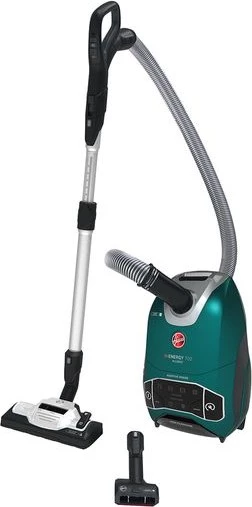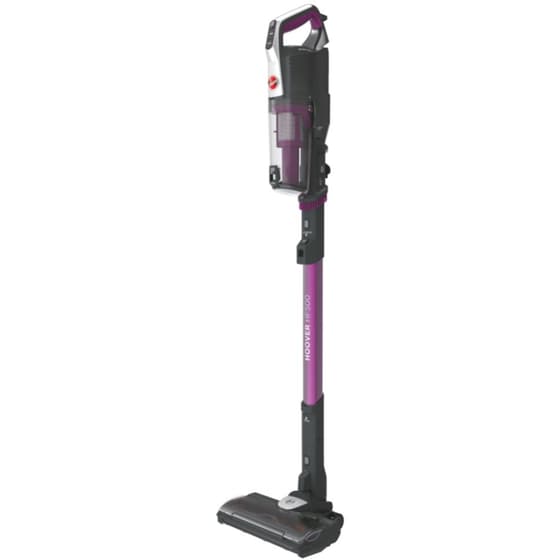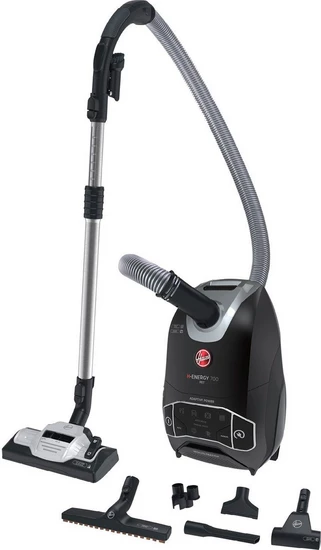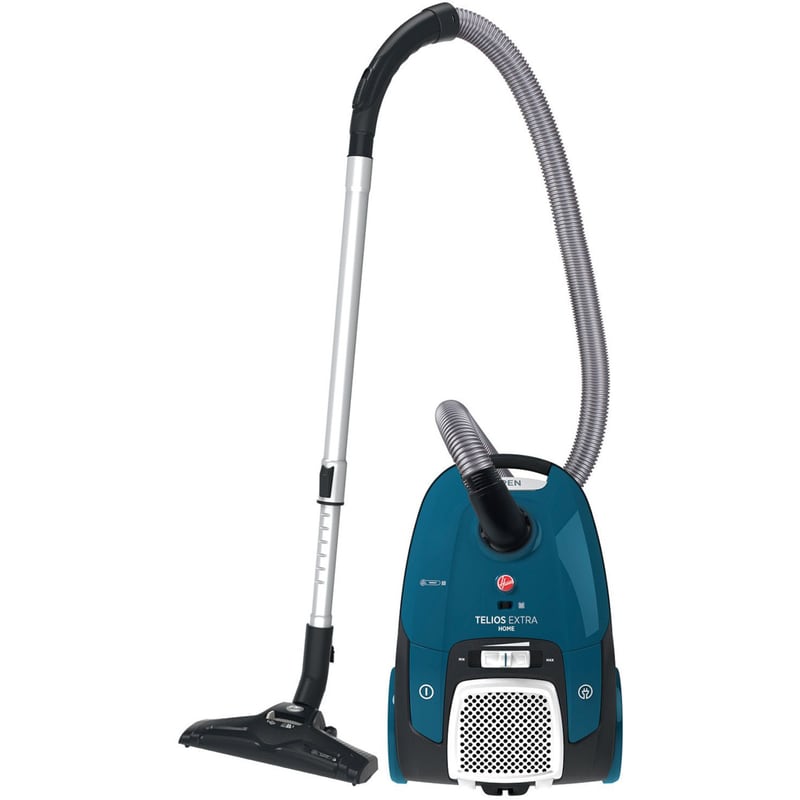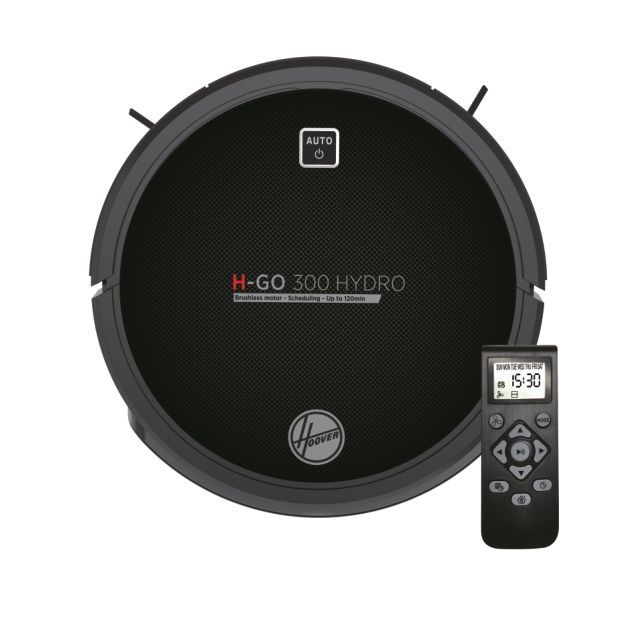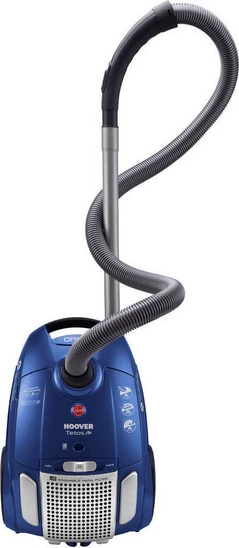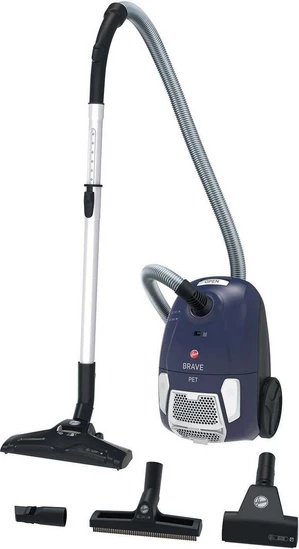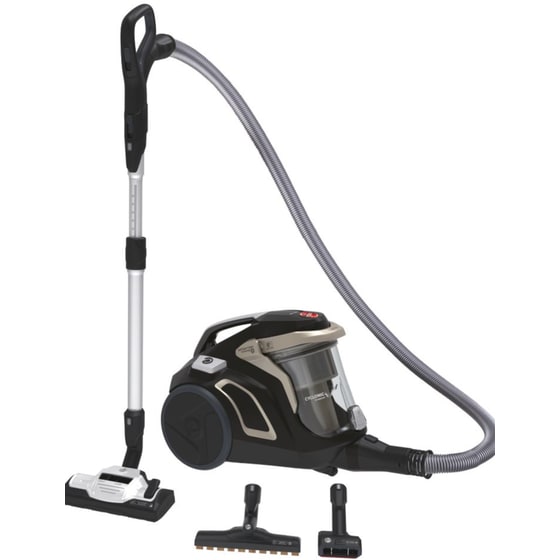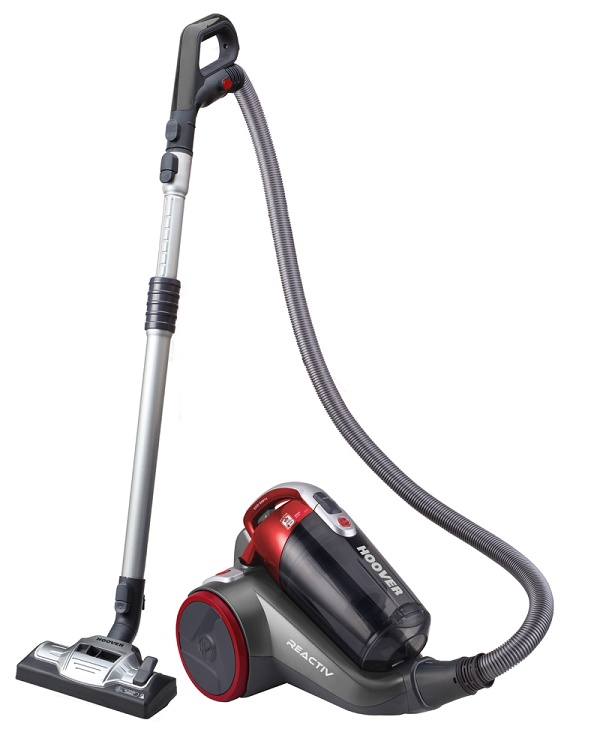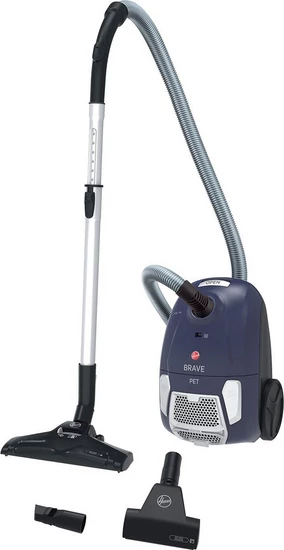
HOOVER HE 320PET 011 H-ENERGY Σκούπα 3,5LT 850W - Allstore | Κατάστημα ηλεκτρονικών ειδών Θεσσαλονίκη, Ήχος, Computing, Τηλεφωνία, Κλιματισμός, Οικιακές Συσκευές

Hoover Σκούπα Stick Επαναφορτιζόμενη HF122RH 011 H-FREE 100 22V | ΣΚΟΡΔΥΛΑΚΗΣ ΗΛΕΚΤΡΙΚΑ - ΥΠΟΛΟΓΙΣΤΕΣ - ΤΗΛΕΟΡΑΣΕΙΣ - ΟΙΚΙΑΚΕΣ ΣΥΣΚΕΥΕΣ-ΗΛΕΚΤΡΟΝΙΚΕΣ ΣΥΣΚΕΥΕΣ

Hoover Xarion Pro XP81_XP25011 Ηλεκτρική Σκούπα με Κάδο | Cheaptocheap - Κλιματιστικά, Πλυντήρια, Ψυγεία, Τηλεοράσεις

Hoover Σκούπα Stick Επαναφορτιζόμενη ATV324LD 011 Athen Evo 32.4V | ΣΚΟΡΔΥΛΑΚΗΣ ΗΛΕΚΤΡΙΚΑ - ΥΠΟΛΟΓΙΣΤΕΣ - ΤΗΛΕΟΡΑΣΕΙΣ - ΟΙΚΙΑΚΕΣ ΣΥΣΚΕΥΕΣ-ΗΛΕΚΤΡΟΝΙΚΕΣ ΣΥΣΚΕΥΕΣ

Ηλεκτρική Σκούπα Hoover TE70 TE75011 Telios Plus | ΣΚΟΡΔΥΛΑΚΗΣ ΗΛΕΚΤΡΙΚΑ - ΥΠΟΛΟΓΙΣΤΕΣ - ΤΗΛΕΟΡΑΣΕΙΣ - ΟΙΚΙΑΚΕΣ ΣΥΣΚΕΥΕΣ-ΗΛΕΚΤΡΟΝΙΚΕΣ ΣΥΣΚΕΥΕΣ

